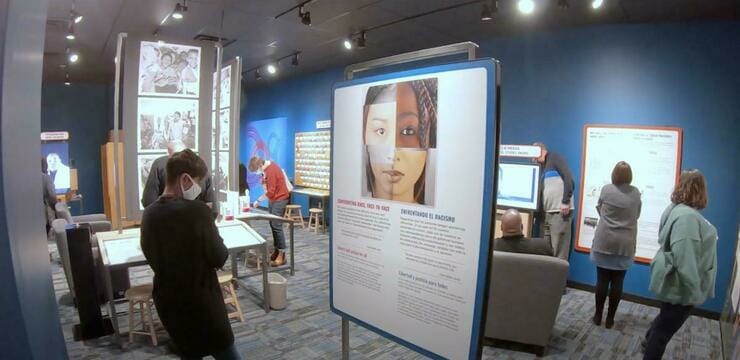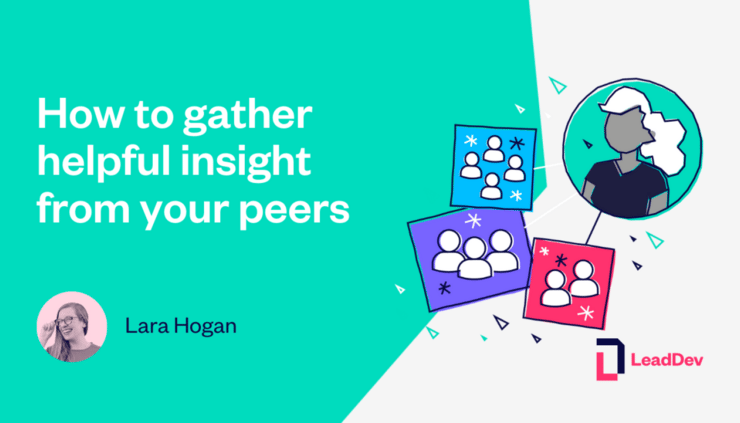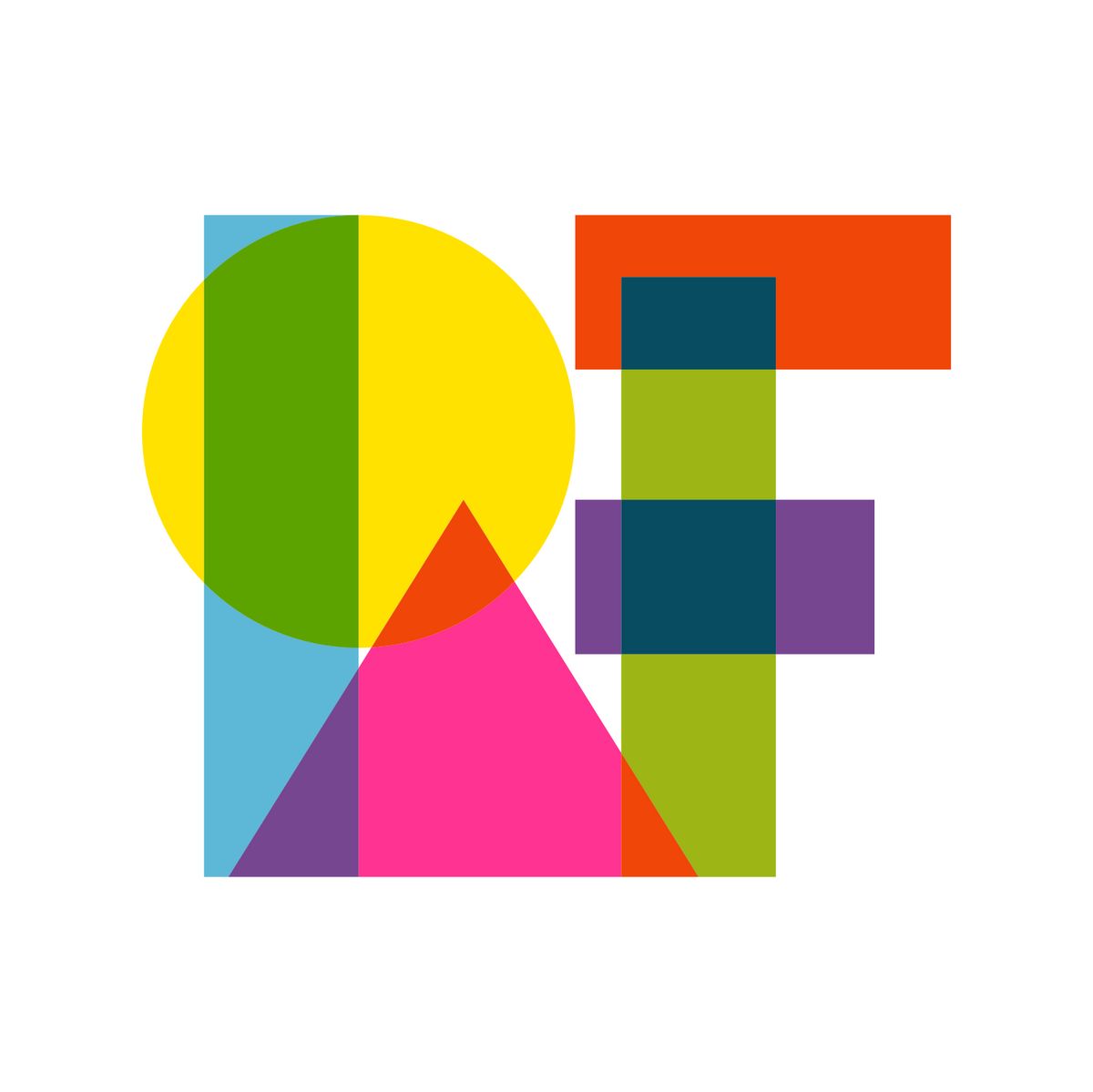Hello folks,
I hope you had a good week; here is what I have been reading this week.
A couple of highlights:
This week people continue to grapple with the remote, hybrid, on-site approaches during change fatigue which will be going on for some time.
I recently participated in a discussion panel about optimising for speed and flow at QCon recently. Sophie Weston wrote about the track and shared a blog post about it this week, I'm so happy to see the human focus taking centre stage here, and I look forward to continuing to be part of this conversation.
Happy Friday
Emily
People and culture

Effective Remote Work: James Stanier in conversation
Distributed workforces need to make sure they stay efficient, with a lot of employees preferring the clear benefits of working remotely. Managing synchronous and asynchronous communications, along with supporting others from afar, are both key to remote teams being effective.
Managers, What Are You Doing About Change Exhaustion?
Re-orgs, leadership transitions, new technologies. Pre-Covid, many employees already were experiencing change fatigue, defined as feeling apathetic towards or overwhelmed by too many organizational changes in a row. When Covid hit, everything changed.
Why I stopped trying to engage passive community members — the 3 circles model.
Think of your community in three concentric circles. In the core circle are your most active members, the community weavers, the stewards, maybe the co-founders, the people who take initiative and make things happen. Around that, in the middle circle, are active members.
Organisations and systems

How to optimize for speed and flow - insights from QCon London 2022
My colleague, Matthew Skelton (co-author of the book Team Topologies), was asked to curate a track on the final day of this year’s QCon London conference on the topic of ‘Optimizing for Speed and Flow’.
Untangling organizational dependencies
I’ve been thinking about a problem that may be niche or less spoken about at the very least. The problem, is how organizations learn to collaborate once the teams and departments move to product-based funding.
Setting and measuring goals

Tackling Systemic Change with OKRs
This piece is part of a two-part series featuring the YMCA of the North. To read part one, click here. For Glen Gunderson, creating systemic change is like building a cathedral.
OKR Leadership: Stop telling people what to do
If I had to identify the hardest change a leader has to make when adoption objectives and key results it would have to be the redefinition of what it means to lead a team. For decades we’ve educated and trained leaders to tell people what to do.
Tools and approaches for teams

How to gather helpful insight from your peers
These folks might offer advice, share some gut checks, maybe they’ll even give us feedback as we work through new kinds of problems and experiences to help us hone our skills.
Why You Should be Facilitating Human-Centered Design (HCD) Workshops
Human-centered design (HCD) problems are inherently multidimensional.
3 Strategies for Dealing with Procrastination
We’re all prone to procrastinate. We feel guilty about it. And yet, we still do it. Alice Boyes, a clinical psychologist and author, says breaking the habit is more than simply a matter of discipline.
Other things

Making Tech Better, Season 1 – what a ride!
So, a lot of things happened in 2021, not all good (obvs), but one really GREAT thing happened for us here at Made Tech. I’d been thinking that I’d love to host a podcast.



